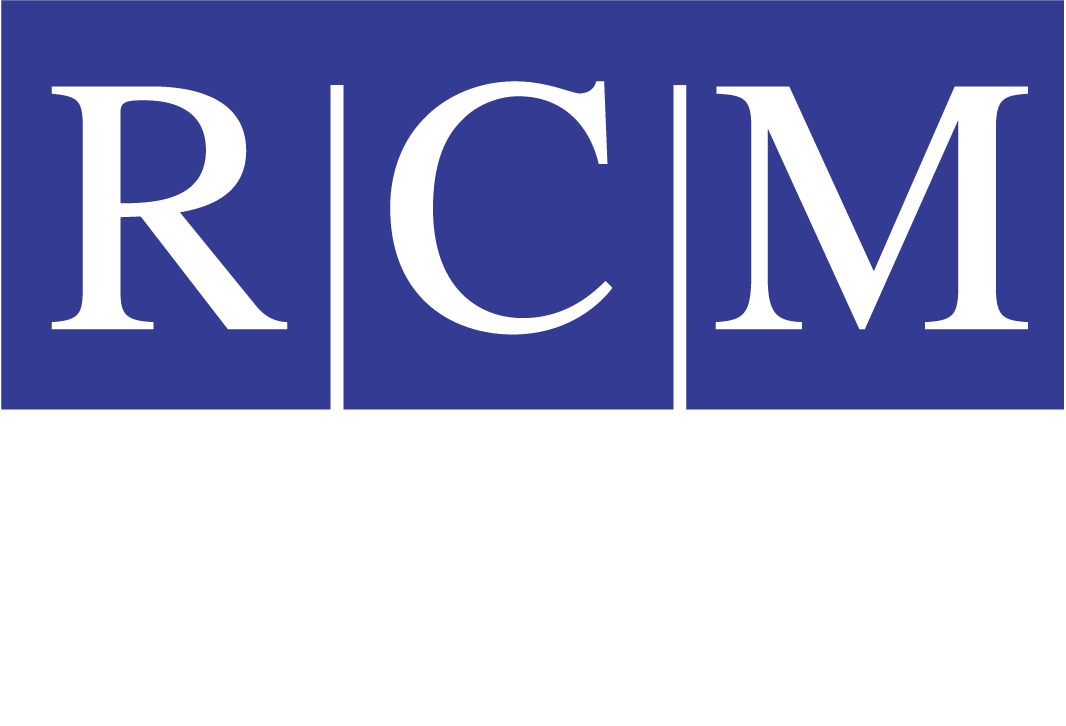If you are exploring the possibility of starting a corporation, you have, no doubt, seen advertisements and web sites from companies promoting “low cost incorporation services” costing anywhere from $99 to $295.
Take a close look at the way these folks position themselves. Review the services they offer and the actual costs that they charge. Is that $55 corporate book really worth $80? Does a two way FedEx shipment really cost $45? Did you realize that “shipping and handling” is extra? Do you need to pay $45 or $55 to get a taxpayer identification number? Is it worth an additional $20 per month to have a registered office with “mail forwarding”? By the end of the process, you have probably paid more than the $99 they had advertised.
What’s worse (for you) is that these companies do not provide legal advice. They do not prepare your corporate minutes. They do not review and change their “form” by-laws to suit your corporation’s specific needs. They do they provide you with the business advice you may need in setting up your new business.
THE “REGISTERED AGENT” SYNDROME
Low cost corporate outfits will be quick to point out the importance of having a registered agent. Essentially, state corporate laws require that some real person actually located in the state of incorporation act as a contact with the rest of the world on behalf of the corporation.
The registered agent receives any official mailings to the corporation from the State. These mailings are usually limited to the annual report statement which must be filed annually. In addition, the registered agent acts as the person who will be served with service of process in the event that the corporation is made a party to a law suit.
Low cost incorporators will act as your registered agent for anywhere from $50 to $150 per year. They will also suggest that you could act as registered agent for free or that they can set up an address for you in the state of incorporation and forward any mail to you for a monthly fee.
In general, most attorneys act as registered agents for the corporations they create for clients. These attorneys usually charge some annual fee. However, in addition to acting as a recipient of mail and service of process, the attorney acting as agent will make sure that the annual report is complete and accurate and will usually prepare any necessary corporate minutes.
THE FEDERAL EMPLOYER IDENTIFICATION NUMBER
The low cost incorporation service will also stress the need for a taxpayer identification number. They are correct. A “FEIN” is required. However, the fee charge for this service can be as high as $50. In order to obtain an FEIN, a person need only fill out a simple, one page form (the SS-4) and mail it or fax it to the IRS. In addition, a FEIN may be obtained immediately by calling the Tele-TIN hotline and following up the call with a mailed or faxed SS-4 form. The Tele-TIN process takes about 5 minutes (once you get through the IRS busy signals!).
Most attorneys, acting as your registered agent, will procure the number for little or no charge. (I do not charge for this service). The IRS will now only release the FEIN number to shareholders or registered agents.
WHAT THEY LEAVE OUT
In order for a corporation to maintain its limited liability protection, state law requires that a corporation must follow certain formalities. Failure to follow the “corporate formalities” will result in a “piercing of the corporate veil” and personal liability of the corporate shareholders. One of the requirements is that the corporation keep a record of its activities. This is known as the corporate record book. The record book usually contains information on the shareholders stock, the by-laws of the corporation and corporate minutes of the shareholders and board of directors.
Most low cost incorporation services will sell a “corporate kit” including “form” by-laws and “example minutes”. These companies will not prepare the minutes or by-laws for you (For them to do so would be engaging in the unauthorized practice of law). As a result, you will be left on your own to prepare these items.
Most lawyers work from some basic “form” by-laws. However, a lawyer will discuss the various options available to you for your corporate by laws. The by-laws are flexible and may be tailored to suit the specific needs of a corporation.
Further, a lawyer will prepare your minutes for you, making sure to include any necessary provisions for election of board members and officers, for authority to open bank accounts and for any tax elections to be made. In addition, upon subsequent annual reviews, your attorney can suggest items that need to be included in the minutes.
WHAT’S NEXT AND HOW CAN I INCORPORATE
An attorney can be an excellent business partner. Do not enter into your new corporation without an experienced advisor who can help you with your incorporation. An attorney can act as a counselor who can provide you with additional services such as the preparation of employment contracts, the review of leases and purchase agreements and succession planning in the event of death of an owner.
